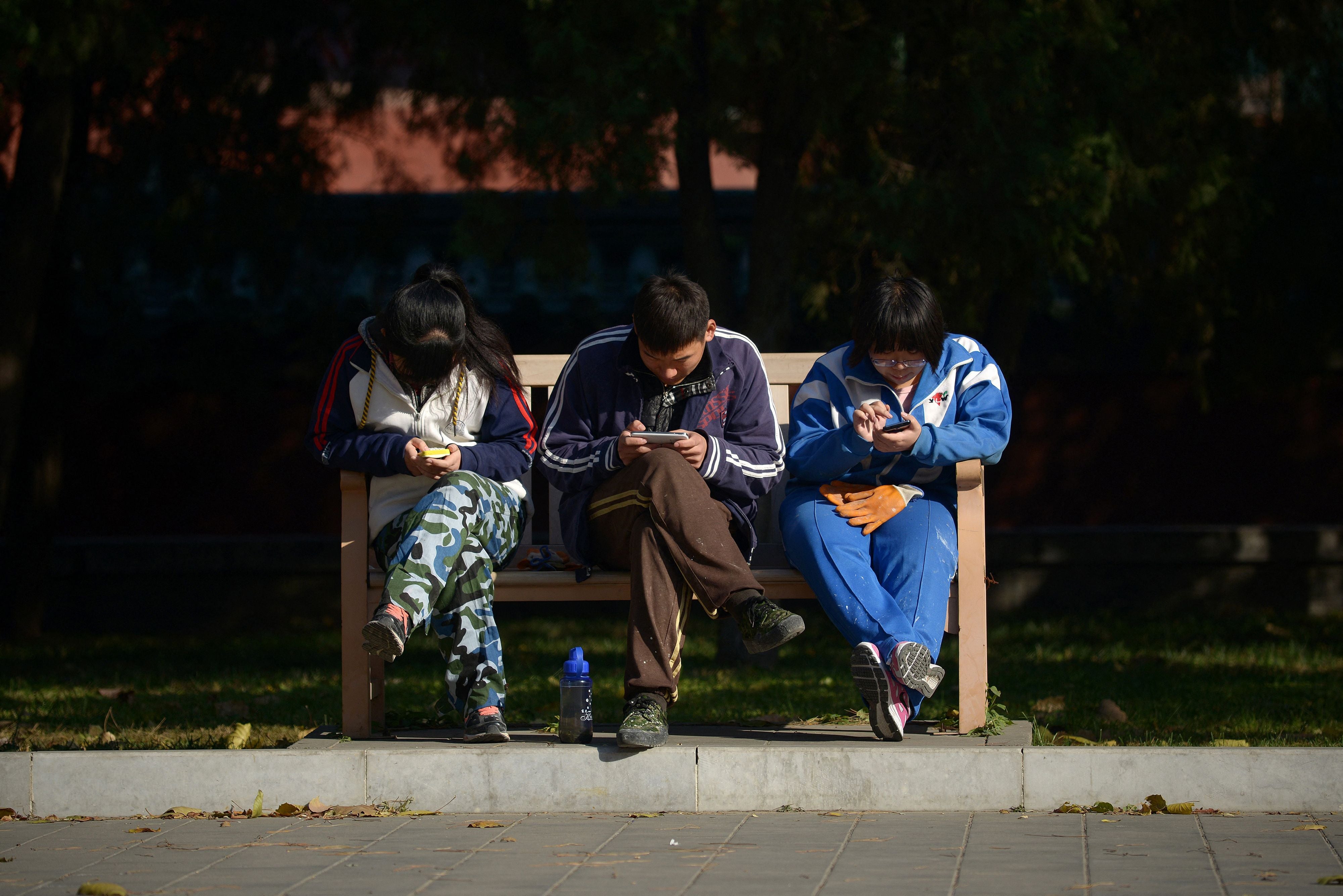People who are night owls have a much higher risk of developing an addiction to their smartphones compared to those who go to sleep earlier, a new study has found.
Scientists have discovered that many who stay up in the evening, who show symptoms of loneliness or anxiety, are using smartphones to cope emotionally and are developing addictions to social media, worsening their mental health symptoms.
Researchers from the University of Portsmouth and the University of Surrey describe the issue as a “vicious cycle” that primarily affects young adults in the UK.
“These young people aren’t using technology just because it’s available,” said Dr Anna-Stiina Wallinheimo, the study’s co-author. “They’re using it to try to soothe emotional discomfort. The tragedy is that it often deepens their distress instead.
“Young adults who are naturally more active in the evening often find themselves socially out of sync, which may lead to feelings of loneliness and anxiety. Many then turn to smartphones and social media to cope, but unfortunately, these tools can make things worse, not better.”

Problematic smartphone use is defined by a feeling of anxiousness when separated from one’s phone, compulsively checking notifications and neglecting responsibilities to go on it. Likewise, social media addiction is characterised by excessive and uncontrolled phone usage that disrupts daily life.
The researchers surveyed 407 young adults between the ages of 18 and 25 and investigated how their preferred sleep schedules were related to problematic smartphone use or social media addiction. It found that loneliness and anxiety were the primary causes of these associations.
Dr Wallinheimo said: “While we’ve known that night owls are more vulnerable to problematic technology use, we haven’t understood why. Now we can see that emotional factors – especially loneliness – are playing a significant role.”
Previous research shows that going to sleep later is linked to depression and other addictive behaviours.

Nearly 40 per cent of students in the UK are believed to exhibit signs of social media addiction, with young women being particularly vulnerable.
The Liberal Democrats have called for a “doomscrolling cap” which would legally limit the amount of time that children are allowed to be on TikTok-style apps to two hours.
The Times reported that Labour ministers are seriously considering implementing a social media use cap for children and are expected to announce a change in the coming weeks.
The study’s researchers have called for targeted education and support systems for young adults who do not understand how their sleep patterns are placing them at risk.
Dr Simon Evans, co-author of the study, said: “Rather than simply telling young people to spend less time on their phones, we need to address the reasons behind their usage.
“That means providing effective strategies to manage loneliness and anxiety – particularly during late evening hours when support services are limited, and feelings of isolation can be most intense.”
UK experts condemn paracetamol ‘fearmongering’ expected from Trump officials
Why AI could make people more likely to lie
Nest boxes help endangered cockatoos find homes in urban Hong Kong
How AI could detect signs of mental illness
Secrets of royal sculpture uncovered 160 years on
Russia risking ‘direct armed confrontation’ with Nato, warns Cooper







